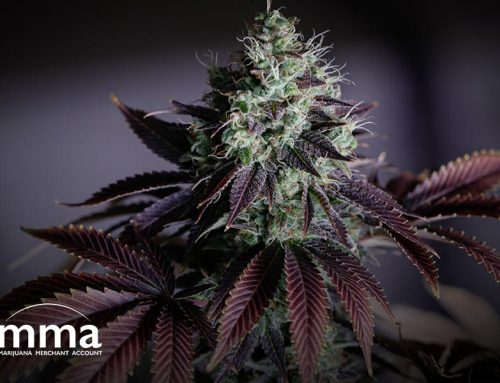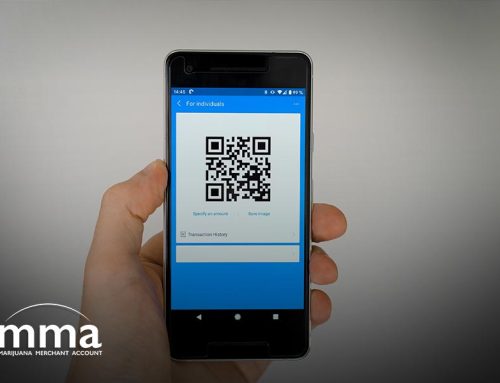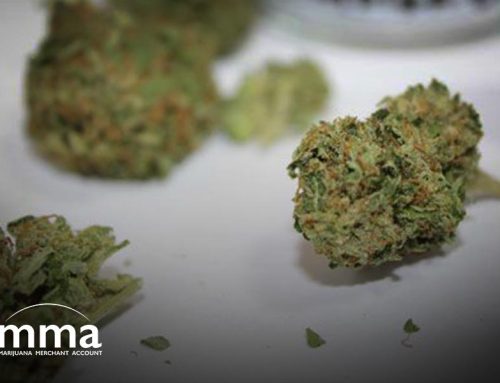A renewed push for cannabis banking regulations has seen the latest coronavirus relief bill adopt them as it was approved in the House of Representatives.
The Health and Economic Recover Omnibus Solutions (HEROES) Act, aka H.R. 6800, includes many facets, and cannabis banking provisions brought over from the Secure and Fair Enforcement (SAFE) Banking Act are now a part of it. Now that the bill has passed the House of Representatives, it goes to the Republican-controlled Senate where its future is uncertain.
Although cannabis banking has proven to be the most bipartisan element of regulating cannabis at the federal level, the SAFE Banking Act has already seemingly died in the Senate after making history by passing the House of Representatives just a few months before. The language in the HEROES Act is identical to the SAFE Banking Act of 2020, which itself is identical to the 2019 version of the SAFE Banking Act. The language would clarify how financial institutions can do business with cannabis-related companies.
While many lobbyists have been weighing in to this process, it was a letter from eight cannabis groups in May that may have tilted this toward inclusion in the HEROES Act. Signed by Marijuana Policy Project, Minority Cannabis Business Association, National Cannabis Industry Association, National Cannabis Roundtable, National Organization for the Reform of Marijuana Laws, and Policy Center for Public Health and Safety, the letter asked Congress to add the SAFE Banking Act provisions into the next pandemic relief bill, something that almost happened in a previous relief bill.
The COVID-19 pandemic has been a push for cannabis banking in an unexpected way — cash is unsanitary and could help spread the virus. Limited banking access for cannabis-related companies means money cannot be deposited in a secure bank and cashless transactions are rare, though some dispensaries have become creative in offering cashless options. Dispensary workers are most at risk because they come into contact with the public, but all levels of the production have needed to take precautions and adjust their process to meet social distancing and sanitation guidelines.
If the HEROES Act passes, financial institutions will need to create internal compliance programs to ensure they are meeting the new regulations. The most important elements of a compliance program are:
- Updating and increasing compliance protocols. These should build enhanced due diligence into the process to ensure all the money from a cannabis company is above board, setting up custom monitoring of transactions to flag anything outside of normal activity, creating more compliance staff training around these new procedures, and seeking a qualified and trusted compliance advisor from outside the company.
- Financial institutions communicating with regulators before expanding into the cannabis market and implementing a new compliance program.
- Clear guidelines for the financial institution on what is and what is not acceptable risk before agreeing to work with cannabis-related companies.
While the HEROES Act is still being considered in the Senate, billions of dollars in cash are being stored and are at greater risk of theft or of spreading illness. And in time when governments have big pandemic bills to pay, making it easy for cannabis companies to pay their taxes should be an incentive to make banking possible.
—
What elements of a compliance program do you think will be required? Let us know in the comments.












